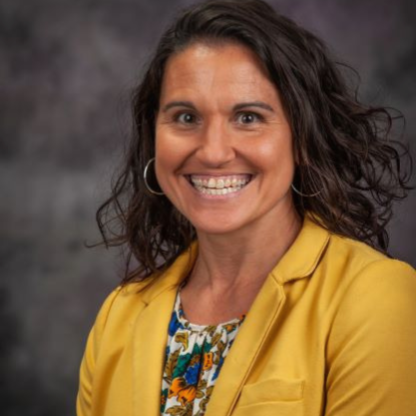MA Programs and Graduate Certificates
The Department of Modern Languages offers an MA in Modern Languages with tracks in French, German, Spanish; an MA in Teaching English as a Foreign Language (TEFL); and a Graduate Certificate in TEFL. Our highly customizable options allow graduate students to tailor their studies to their interests and career goals.
Graduate programs in the Department of Modern Languages increase students' sophistication in spoken and written language and train them for specialized fields of study, including literary or cultural studies, L2 Pedagogy, or second language acquisition (SLA). It generally takes 2 years to complete the MA degrees in Modern Languages (Spanish, French or German) or TEFL, while adding a Graduate Certificate in TEFL may extend coursework an additional semester.
An array of courses provides a customizable education in literature, culture, language, translation and interpretation, SLA and pedagogy, and linguistics. Our MA students are closely supervised and build strong mentoring relationships with their professors to guide them through courses and research. Students in the program also have a Graduate Advisor who helps outline their program of study.
The program consists of 30 credit hours, or 10 courses at the 600-800-level. These courses are generally divided so that a minimum of 6 (18 credit hours) are in the language of specialization, and the remaining 4 (12 credits) consist of our MLANG electives, courses that are taught in English for the purpose of advanced Language (L2) teaching and research.
The Graduate Handbook of the Department of Modern Languages is available here, and a semester-by-semester overview of milestones and requirements is here.
To be considered for a Graduate Teaching Assistantship, all applications, domestic or international, must be submitted by December 15 for fall admission and for priority consideration for funding. See below under "Financial Support."
If you have any questions about these programs, and/or the application process, please contact:
 |
Dr. Rebecca Bender |